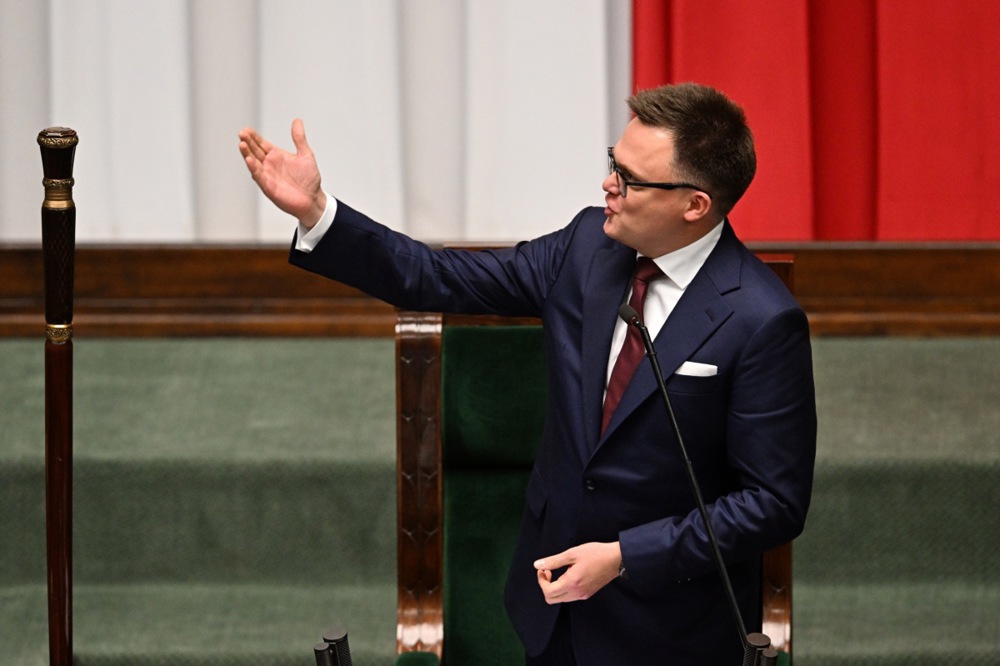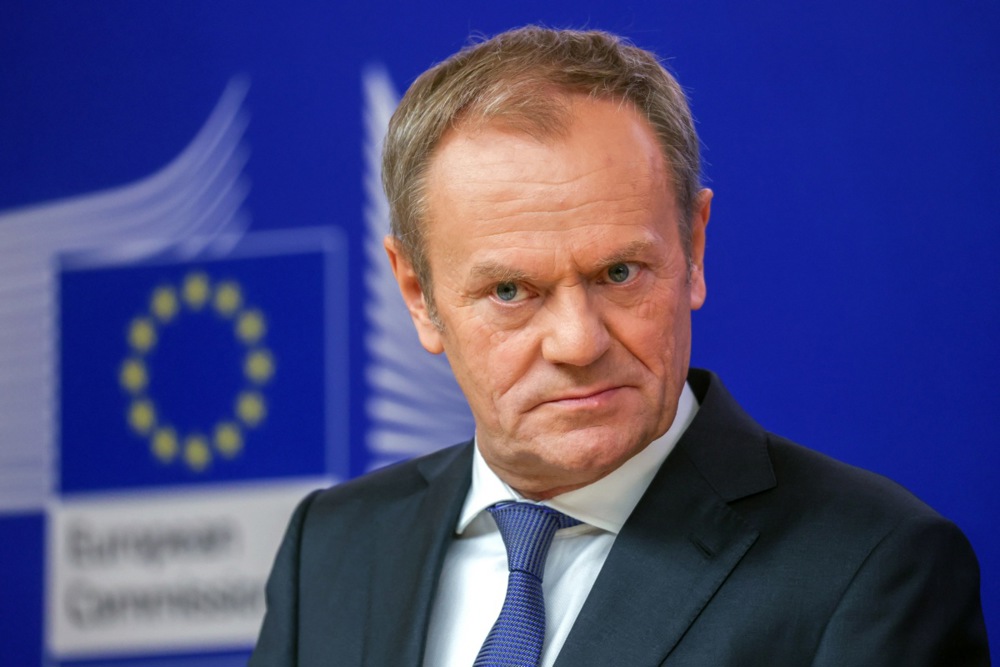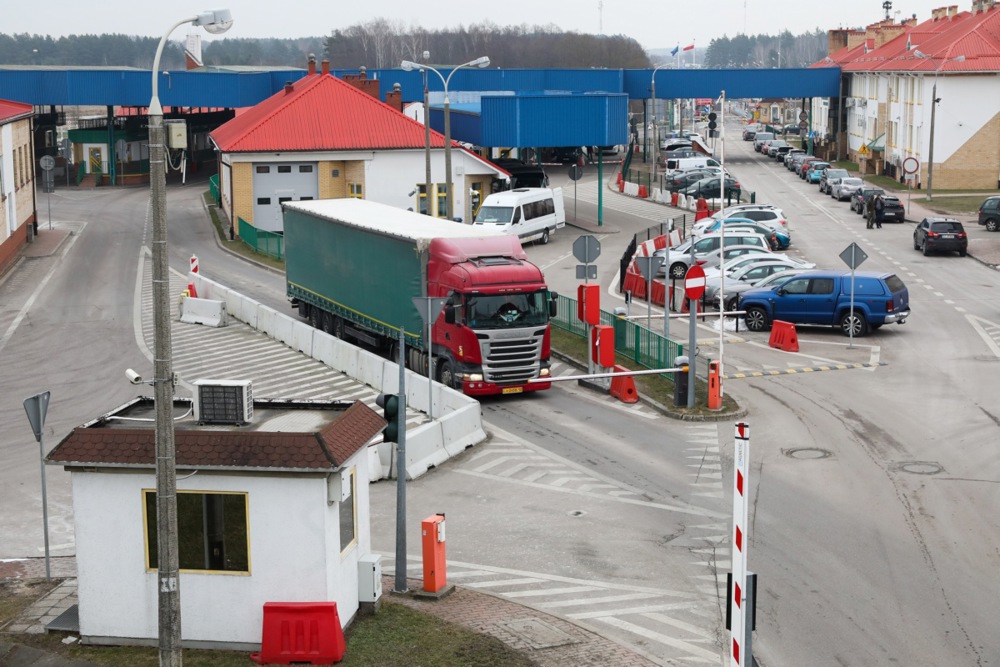Poland’s Prime Minister Donald Tusk has said his Government will not accept the forced migrant-relocation mechanism proposed by the European Union – though his administration will not block the implementation of the scheme elsewhere.
Late in 2023, representatives of EU Member States, the European Parliament and the European Commission reached agreement on the main political elements of the Migration and Asylum Pact.
Under the deal, the minimum annual number of relocations was set at 30,000 people per country, or a fee of €20,000 per migrant to be paid by those States that refuse to accept them.
The Migration Pact is a highly charged political issue in Poland. The former Conservative (PiS) government was strongly opposed to the policy, which includes a proposed mechanism for Member States to either receive relocated asylum seekers from “frontline” countries or instead make the so-called “solidarity payments”.
On January 3, speaking at a governmental press conference, Tusk said that his Government would not consent to any “forced” relocation mechanism.
“I assure you that Poland will not accept illegal migrants under any such mechanism,” he stated, adding that when he was the European Council president he was “definitely against the so-called mandatory solidarity” as an instrument for the management of migrant numbers.
“Among other things, because I was the head of the European Council, this mechanism was never implemented and Poland will never be part of such a mechanism,” he said.
Tusk served as president of the European Council from 2014 to 2019, during which time the EU launched a system designed to redistribute asylum seekers from frontline countries to other Member States.
That system was abandoned in 2017, in part because Poland and Hungary refused to take any of their quota of asylum seekers.
Both countries, and the Czech Republic, were later brought before the European Court of Justice for failing to comply with the requirements.
At his latest press conference, Tusk attacked the previous PiS administration for having “allowed in” hundreds of thousands of migrants through an allegedly corrupt mechanism of issuing visas, a claim strenuously denied by his predecessors.
The visa-issuing system will be investigated by a special parliamentary committee. Officials from the previous PiS government argue that the matter has already been looked into and it was found that fewer than 300 visas had been issued illegally.
Back in Brussels, negotiations are continuing over the implementation of the Migration Pact and an “equalisation” mechanism to force countries that have so far resisted the relocation of migrants to proportionally take in more over the coming months.
That is designed to relieve the perceived pressure on Germany, France and Italy, where illegal migration is seen as an acute problem.
Poland is likely to avoid having to take on additional migrants at this stage because, over the past two years, it has largely been the first port of call for Ukrainian refugees fleeing war.
The PiS opposition argues that the principle of compulsory solidarity will mean Poland will be forced to take in illegal migrants from other EU States and that it encourages more illegal EU arrivals.
The Speaker of the Polish Parliament, Szymon Hołownia, has also been targeted for hosting of illegal migrants from across the Belarusian border at the Parliament’s Christmas function.
Against that backdrop, Poland has reportedly been warned by Ukrainian intelligence services that a new wave of illegal migrants is imminent on the border with Belarus as a result of new cheap flights from Turkey to Minsk.





